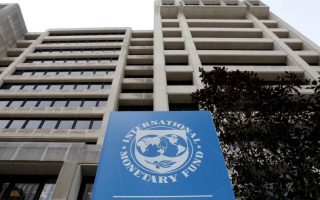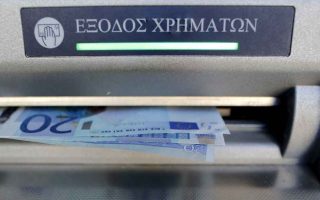War scenarios for the economy

The government is drafting a number of war scenarios for the national economy in cooperation with the European institutions, as the conflict continues in Ukraine and the uncertainty that comes with it is growing at the expense of fiscal stability, citizens’ incomes and the government’s political outlook.
Plans about the recovery, the return to primary surpluses and even the emergence from enhanced surveillance are back on the table, as prices look like they will remain high for some time to come and a “wind of stagflation” is blowing, according to central banker Yannis Stournaras and Eurobank chief executive Fokion Karavias, among others.
Finance Ministry sources describe the following possible scenarios:
1. A safety cushion is created for supporting people with new measures and covering the state’s increased needs. That will happen with the submission of the supplementary budget this week, including 2 billion euros in extra spending used for subsidizing electricity bills. The state is also facing increased energy spending itself, in sectors such as defense. Additional measures may be required, as Prime Minister Kyriakos Mitsotakis recently hinted at a value-added tax cut on food.
2. The forecast for the budget deficit is increased from 1.4% to 2% of gross domestic product. The higher deficit projection will reduce the intervention options of the government, which will still try to implement the low VAT rate on food service for the second half of the year, the cut to social security contributions and the expansion to the public sector and to pensioners of the solidarity levy suspension.
3. The growth projection goes from 4.5% to 3% or 3.5% for this year, taking the damage to the economy from the war to €2-3 billion. That would also come with a forecast for inflation to rise from 1% in the budget to 5%. These figures currently constitute the baseline scenario of the government, while an extension of the conflict beyond the summer would aggravate the situation considerably.
4. The decision to exit enhanced surveillance by creditors remains open after August, so as to appease market concerns regarding monitoring.





